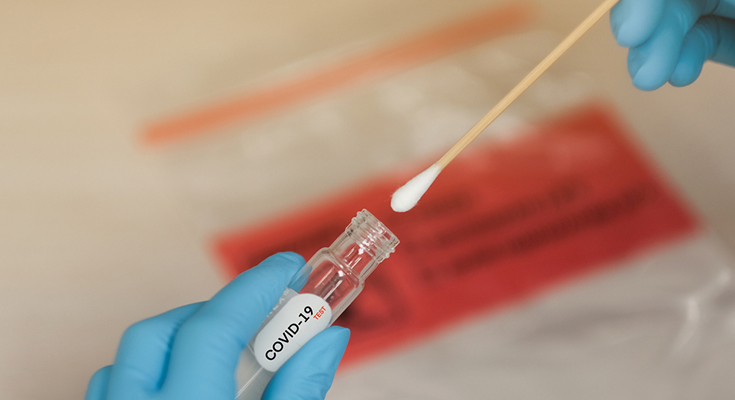World Pandemic problem is something that is becoming a challenge for a lot of countries. And, therefore, taking proper precautions and not letting yourself infected is something you need to understand.
But, in case you are feeling COVID-19 symptoms, then what? What you need to do next is what we would like to share in this blog.
So, let’s start with COVID-19 Test that a person goes through if they see Coronavirus symptoms. When you get infected or doubtful about that, you must know about some important information about the test and the treatments related to Coronavirus.
Tests for COVID-19:
Coronavirus test includes the polymerase chain reaction (PCR) diagnostic test, it is a nasal swab test.
Then, there is an antibody test, this is a blood test which is used to identify whether you had COVID-19 infection in the past.
However, the incubation time for the new Coronavirus is 5 to 7 days, but it may take up to 14 days.
Coronavirus cases are increasing day by day and therefore it may lead to many doubts in your mind whether you should get tested or not.
When you should get tested for COVID-19?
According to Amira Roess, PhD, and a professor of global health and epidemiology at George Mason University, People who have been exposed to the virus or with any confirmed case should get tested for COVID-19; whether they have symptoms. And people who have no exposure to the virus or symptoms should not get tested.
“By identifying individuals who are positive early in disease progression before they develop symptoms and implementing public health interventions, we can prevent a large percentage of infections. This is key because we have learned that asymptomatic infection is a key driver of this epidemic,” she said. “Finding asymptomatic individuals will allow us to prevent them from spreading the virus.”
As per Dr. Abraar Karan, an internal medicine doctor at the Brigham and Women’s Hospital and Harvard Medical School, there is a possibility that you have a false-negative test, if you get yourself tested before you get exposed to the Coronavirus or if you get yourself tested too early after the exposure to the COVID-19.
As per Dr. Karan, if a person is tested positive for polymerase chain reaction (PCR) that means the person has detectable viral RNA. But, “This does not necessarily say if you are infectious.”
Despite a positive PCR, some studies have shown that for some people (after 9 to 10 days) there was little to no culturable virus.
This means that a person had an infection with the virus but they get tested for the infection after they were no longer infectious to others.
As per the CDC- Centers for Disease Control and Prevention, a positive test means you should isolate at home for 10 days minimum.
Then there is Antibody testing in this help to detect whether the person recently had an infection or had in the past. As per Dr. Amy B. Karger, who is the medical director of the University of Minnesota Health West Bank Laboratory, “Antibody testing should be done in individuals who have COVID-19 symptoms but did not have immediate access to a COVID-19 PCR test.”
Mainly it takes nearly a week or two to develop antibodies after a person gets symptoms of the infection. And this is the reason that antibody test isn’t ideal for diagnostic purposes if you’ve had symptoms for less than a week, said Dr. Amy B. Karger.
“In these individuals, only the COVID-19 test (PCR test) should be used for acute diagnosis,” said Amy B. Karger.
There are also chances that people within that time frame may not have developed antibodies yet, and therefore there’s a high risk for a false-negative result.

